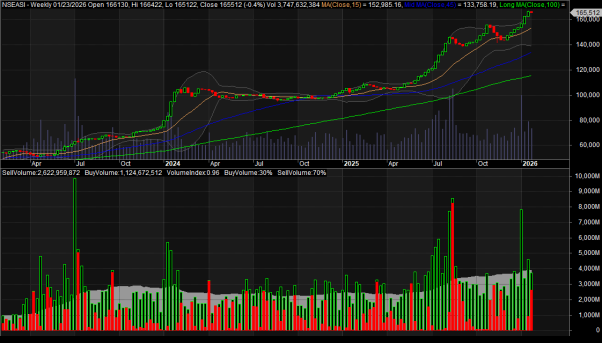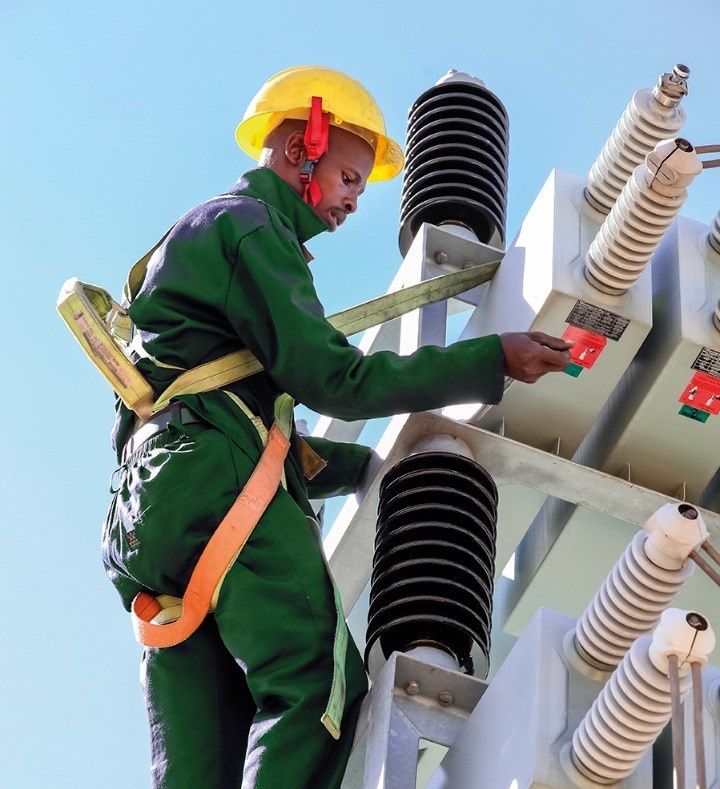
- Links 2002 Transaction To Defunct FSB Int’l Bank
- Estimates Total Liability At N30.7bn
- Urges S’Court To Clarify Amount Payable By Parties
As required by of every corporate publicly traded on its platform, the management of Fidelity Bank Plc, on Tuesday clarified a news report concerning a bankruptcy judgement debt amounting to N225bn also involving its legacy FSB International Bank (now defunct), Sagecom Concepts Limited and G. Cappa.
While assuring the Nigerian capital market community and depositors of its financial strength, resilience as a profitable entity and one of the most capitalized banks with international operations in the country today, Fidelity Bank said it “is under no bankruptcy and has always been in a position to discharge its proper and lawful obligations.”
In a statement by Meksley Nwagboh, Divisional Head, Brand & Communications, in reaction to the publication on the Peoples Gazette, titled “EXCLUSIVE: Fidelity faces bankruptcy as Supreme Court orders banking giant to pay N225 billion damages to Nigerian firm,” the bank pointed to its recently published first quarter 2025 result as a verifiable pointer to its strong financial position.
Offering a background to the transaction, Fidelity Bank confirmed that the issues leading up to the judgment followed a 2002 legacy transaction between the defunct FSB International Bank and Sagecom Concepts Limited, where the now defunct bank granted a credit facility to G. Cappa Plc for the sum of US$3m.
The facility was secured with mortgage on a property located in Ikoyi, Lagos, for which G. Cappa defaulted on the repayment terms, and in a bid to prevent FSB from selling the said property to recover the loan, G. Cappa commenced an action against FSB at the Federal High Court, Lagos seeking, among others,
to stall the sale of the said property.
“The Federal High Court in its judgment ruled that the Bank as legal mortgagor rightfully sold the leased interest in the property to Sagecom in 2011.
“The Court however declined to order vacant possession of the property and directed the issue of vacant possession to the Lagos State High Court. In the meantime, G. Cappa remained in possession of the property and kept collecting rents therefrom.
“Sagecom then instituted an action against the Bank and G. Cappa at the Lagos State High Court in 2011 seeking damages against the Bank for breach of contract and for possession of the property. Sagecom’s claim against the Bank was essentially for liquidated damages calculated as rentals on the several component apartments in the property plus interest on same over different time frames,” Fidelity Bank explained.
Continuing, it recalled that in 2018, the Lagos High Court awarded judgment
in favour of Sagecom against G. Cappa and the bank, a judgment that was challenged at the Supreme Court.
Fidelity Bank argued that “that by remaining in possession of the property and continuing to collect rents therefrom, G. Cappa orchestrated all the losses suffered by Sagecom.”
Following the decision of the apex court, the bank expressed willingness to settle the obligation, lamenting the existence of “significant ambiguities in the judgment resulting in difficulties in calculating the actual financial liability to it and G.Cappa which it estimated at about N14bn from its computation based on the exchange rate as of 2005 when the incident and cause of action arose.
The bank relied on Supreme Court judgement of January 2025 in the case of Anibaba v Dana Airlines Limited which “clarified that foreign currency judgment debt must be converted to Naira at the exchange rate obtainable at the date of judgment of the trial Court which in this case was 30 January 2018.
“Even if the 2018 exchange rate supported by the Supreme Court is applied, the judgment debt will just be under N30.7 billion payable by G. Cappa Plc (who delayed delivery of possession of the apartments from 2005 till June 2018 when possession was eventually delivered) with contribution from the Bank,” it stressed further.
Consequently, the statement also assured that Fidelity Bank has applied to the Supreme Court seeking to clarify and inquire into the proper interpretation of the judgment and the computation of the actual quantum properly and lawfully payable by it and G.Cappa.
The court, it added, has accordingly ordered Sagecom to maintain status quo pending the determination of pending motions and restrained Sagecom and all persons from publishing any material in the media as the matter is still pending in court.
Meanwhile, the Central Bank of Nigeria (CBN), in a statement on Monday night by Hakama Sidi Alli, its Acting Director of Corporate Communication, described the report by Peoples’ Gazette as misleading, while reassuring “the public, depositors, and stakeholders that the Nigerian banking sector remains resilient, safe, and sound. Like all other regulated institutions, the institution referenced in these reports is held to stringent regulatory requirements, and there is no cause for concern regarding the safety of depositors’ funds.”
The CBN affirmed “that it continues to monitor all financial institutions under its regulatory purview and maintains robust frameworks for early warning signals and risk-based supervision.”
These mechanisms, the CBN continued, “ensure that any emerging issues are promptly addressed to protect the integrity of the financial system,” urging “the public to disregard sensational or unverified claims and rely solely on official channels for information about the financial system.”
According to the statement, the “CBN remains dedicated to fostering a secure banking environment where depositors can be fully confident in the safety of their funds. It will continue to monitor and adapt strategies to safeguard the financial interests of all Nigerians and stakeholders in our financial system.












